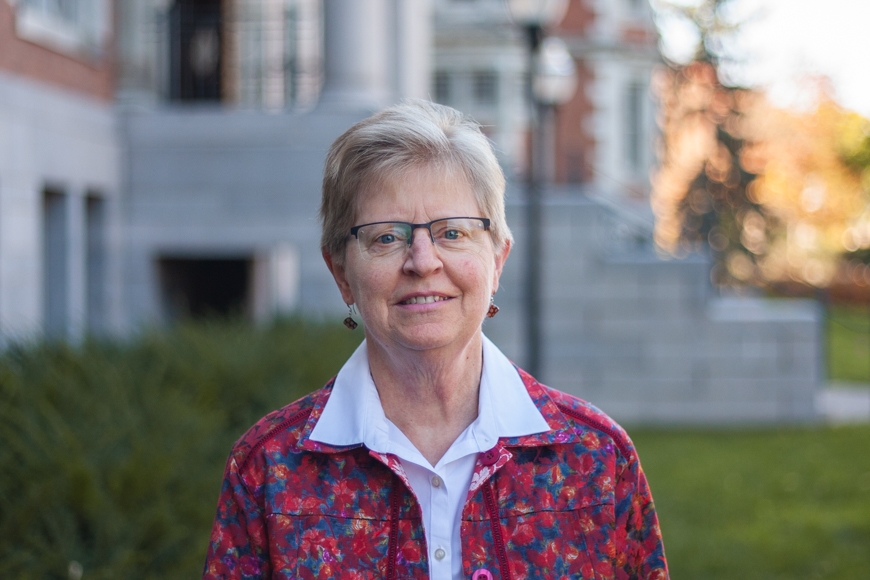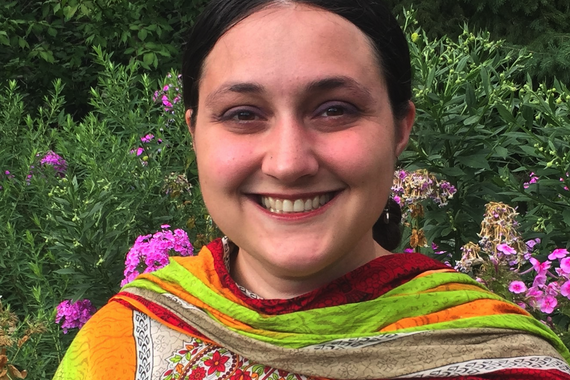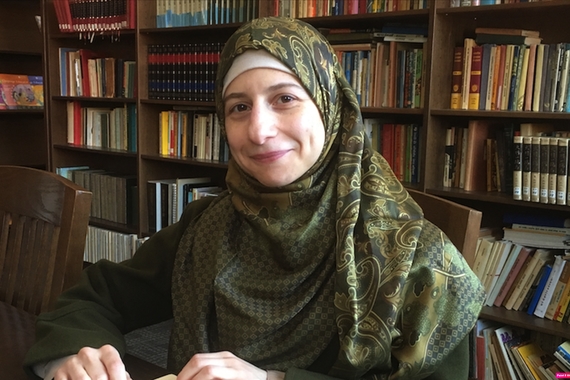Ringing in Retirement: Betsy Kerr Reflects on 40 years at UMN
Besty Kerr is retiring this fall after 40 years in the Department of French and Italian. A lot has changed since 1980! Kerr reflects on her time at UMN and what she hopes to do in retirement.
What brought you to UMN?
I finished my PhD in French Linguistics at Indiana University in 1979, but there were not many jobs available in that field. However, people believed then that linguists knew best how to go about teaching foreign languages, so I was hired by the University of Minnesota to direct the lower division French program, a heavily administrative job, involving training and supervising graduate teaching assistants. I did that job for 14 years, but after that I was able to teach more often and administrate less.
What are some major changes that you’ve seen through almost 40 years here?
Of course, the biggest changes are in technology and how it has changed the way we teach and the ways we relate to our students and our colleagues. I miss the old days when colleagues socialized in the mailroom!
As far as students, the students here have always been good, but over recent years there has been a noticeable increase in the number of high achievers.
The unfortunate change since the ‘80s has been the number of students who are obliged to work for a significant number of hours each week to pay for their studies. Students today—like all of us—have so many more demands and pressures on them.
What were some turning points, significant events, or ideas that influenced your work?
As far as my research, the major development that influenced my work was the relatively recent availability of easily portable sound-recording devices. That technological change led to a new interest among linguists in studying the way people actually speak their language, rather than the way it has been written in literature or other texts. For my first post-PhD research project, I invited two groups of native French speakers to my home, fed them, and, with their knowledge, put an inconspicuous microphone in front of them. The resulting recordings were then transcribed and combed for examples of a particular sentence structure, what linguists call a “dislocation,” such as, “My brother, he’s crazy.” I later used this database to study other phenomena of informal spoken French.
What led you to write the textbook used for French at the UMN?
I’m one of several co-authors of Deux mondes, the UMN’s beginning French textbook. I first began working on the textbook during the second edition. We have just now been working on the eighth edition of the book. When we started using the book, it was very much a copy of the Spanish book of the same title (Dos mundos). With the second edition, we made it more uniquely French. Deux mondes tries to simulate the way a language is learned in a real-life, natural setting by immersing the learner in the language from the beginning. The book went further than its competitors to be truly communicative and I think it has retained that distinction over the years.
What class will you most miss teaching?
Recently, I have especially enjoyed the course I’m teaching now, Linguistic Analysis of French. It’s really an introduction to linguistics, but using French. It calls for a different mindset than language students are used to since linguists seek to describe and explain how the language works in a scientific way. Linguists are also much more interested in the spoken language than the written, which is the reverse of the way most students have learned the language. So it’s sometimes challenging, but some of my students discover they really like this approach to language.
What have you enjoyed most about working with students?
I’ve enjoyed trying to make some of the complexities of French grammar and pronunciation understandable. I’ve appreciated what the French call la bonne volonté or “willingness” of the students here. They are always willing to try to do what you ask them to, and most of them work very hard to do it well.
What was it like to coordinate College in the Schools courses for the past 20 years?
It has been a highlight of my last 20 years here to be able to work with these talented and dedicated professionals. In fact, I’ve so appreciated working with these teachers that I’m planning to continue in that role after my official retirement, at least for a while. My approach has always been a collaborative one. These teachers know their students and they are usually quite expert in the best ways to help them learn. Many of them are also very well informed about current French culture. They are always contributing resources they find online that pertain to the topics of the courses.
What are you looking forward to after you retire?
I’m looking forward to filling my time with more of the activities that I already enjoy but never have enough time for, like singing in a choir, playing with a handbell choir, birdwatching, gardening, cooking, reading, and enjoying nature in general. My handbell choir is traveling to Scandinavia next summer, so I’m hoping I can learn a little bit of Swedish before then, which will be a new challenge!
This interview was conducted by an undergraduate student in CLAgency. Meet the team.


